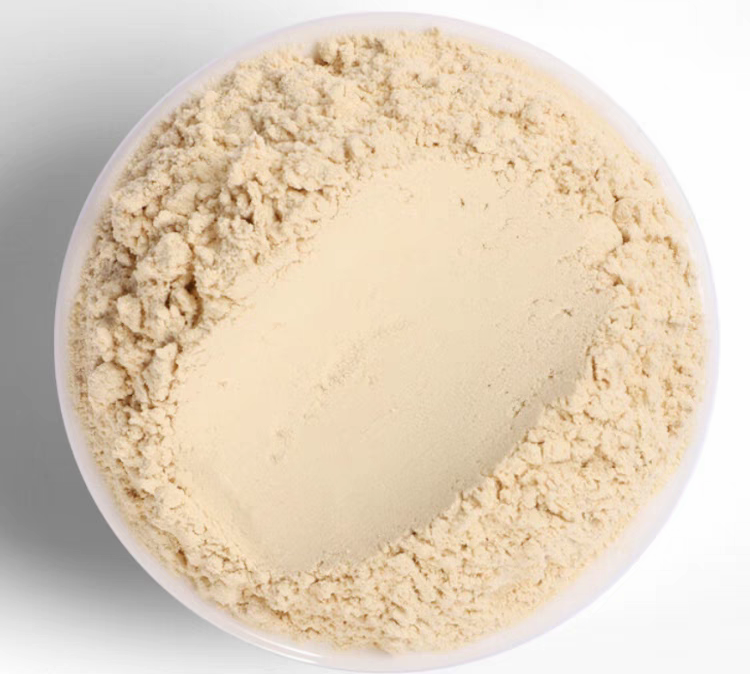betterfortoday
Ginseng Powder for Chi Energy Spleen Lungs Immune System Heart Blood
Ginseng Powder for Chi Energy Spleen Lungs Immune System Heart Blood
Regular price
$88.00 USD
Regular price
Sale price
$88.00 USD
Quantity
Couldn't load pickup availability
Don't buy any powder from stores~
I strongly suggest you to grind it into powder yourself~
I grind the ginseng powder myself, so there is nothing else but ginseng onlly~
Ginseng, a precious traditional Chinese herb, has extensive pharmacological effects studied in both traditional and modern medicine. Below is a detailed analysis of its primary benefits and precautions:
I. Core Benefits of Ginseng
1. Traditional Chinese Medicine (TCM) Perspective
- Greatly Replenishes Vital Energy (元气, *Yuánqì*)
Known as the "supreme herb for replenishing qi," ginseng is especially effective for severe qi deficiency, chronic weakness, or critical conditions (e.g., post-surgery, major blood loss), restoring energy and vitality rapidly.
- Strengthens the Spleen and Lungs
Improves appetite, reduces bloating and diarrhea caused by spleen deficiency, and alleviates shortness of breath or coughing due to lung deficiency.
- Promotes Fluid Production and Relieves Thirst
Addresses fluid depletion from febrile diseases (e.g., post-fever dehydration) and symptoms akin to diabetes.
- Calms the Mind and Enhances Cognitive Function
Reduces anxiety, insomnia, and poor concentration while boosting memory—ideal for students or mentally demanding professions.
- Strengthens the Body’s Foundation
Long-term use improves disease resistance, delays aging, and enhances overall constitution.
2. Modern Medical Research
- Boosts Immunity
Ginsenosides (e.g., Rg1, Rb1) activate immune cells, enhancing antiviral and antitumor capabilities.
- Regulates Metabolism
Stimulates protein synthesis, lowers blood sugar (supports diabetes management), and balances lipid levels.
- Reduces Fatigue and Oxidative Stress
Improves energy metabolism, reduces post-exercise lactic acid buildup, and scavenges free radicals to slow cellular aging.
- Protects Cardiovascular Health
Dilates blood vessels, improves microcirculation, aids in lowering blood pressure, and prevents myocardial ischemia or cerebral thrombosis.
- Balances Neuroendocrine Function
Alleviates stress, improves mood disorders (e.g., depression, anxiety), and regulates hormone levels (e.g., menopausal symptoms).
Suitable Groups and Scenarios
- Physically Weak Individuals: Post-surgery, postpartum recovery, chronic illness patients.
- Subhealth Populations: Fatigue-prone, immunocompromised, or those with memory decline.
- Elderly: Slows aging and prevents cardiovascular diseases.
- Special Needs: Students, high-pressure professionals (for mental clarity and stress relief).
Contraindications and Precautions
1. Groups Who Should Avoid Ginseng
- Excessive Internal Heat or Yin Deficiency with Fire Symptoms: Mouth ulcers, constipation, night sweats—ginseng may worsen heat-related symptoms.
- Hypertension Patients: May temporarily raise blood pressure (use under medical supervision).
- Pregnant Women and Children: Risk of fetal instability or precocious puberty (unless prescribed for deficiency).
- Allergic Individuals: Potential reactions like rashes or diarrhea.
2. Side Effects and Risks
- Overdose (>3g/day long-term): May cause "ginseng abuse syndrome," including insomnia, palpitations, hypertension, or headaches.
- Drug Interactions:
- Anticoagulants (e.g., warfarin): Increases bleeding risk.
- Stimulants (e.g., caffeine): Amplifies CNS excitation.
- Hypoglycemic Agents: May trigger low blood sugar.
Consumption Methods
1-2g daily with warm water (strict dosage control).
- Optimal Timing: Morning orempty stomach; avoid evenings to prevent insomnia.
Start with small doses (1-2g/day) and monitor reactions.
Limit continuous use to 2 weeks, followed by a 1-2 week break.

